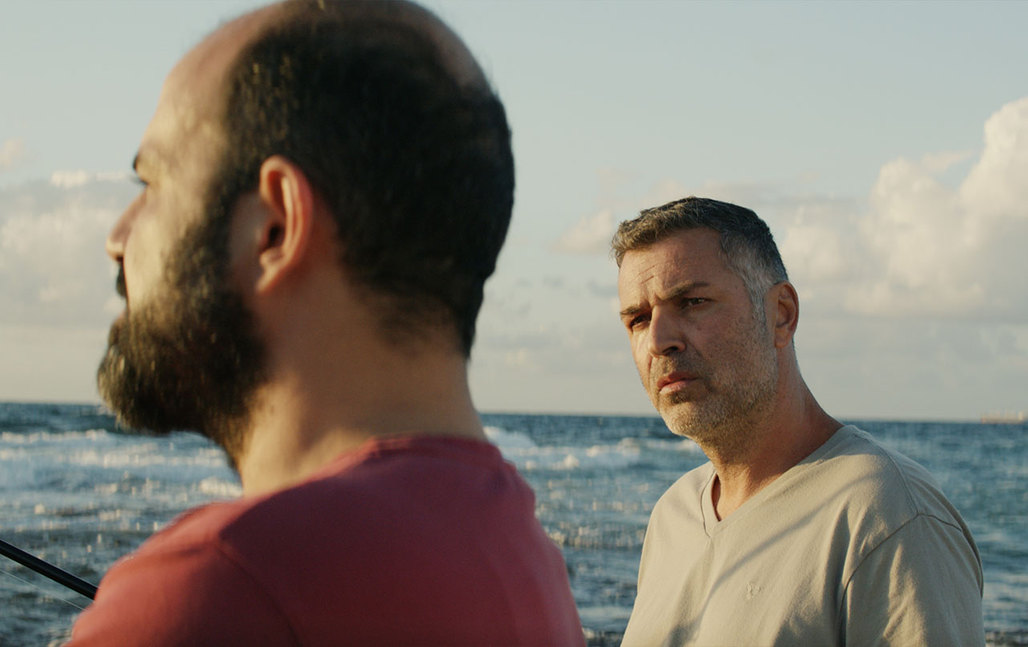
Mediterranean Fever, as seen by Maha Haj

Mediterranean Fever is the story of an encounter between Waleed, a 40-year-old writer and father suffering from depression, and his neighbor Jalal, a small-time crook. With this story of friendship balanced on a razor's edge, Palestinian director Maha Haj presents her second feature film in Un Certain Regard, after Personal Affairs (Omor Shakhsiya) in 2016.
Where did you get the idea for this film?
I'm a very melancholic director, but I do have a certain sense of humor. This is why I could write this dark film, Mediterranean Fever, which is about Waleed, a chronically depressed man aspiring to become a writer. Through this imaginary character, I push to extremes thoughts that may be familiar to me. I'm personally familiar with his personality and character. I thus make fun of my own dark side through a man who resembles me in certain aspects, all while remaining different from me. By playing with the big questions of life and death, I pushed Waleed to extremes that he would never have reached by himself.
My previous film, Personal Affairs (Omor Shakhsiya) spoke of the identity of the Palestinians living in Israel, the West Bank, and in exile. The characters were imprisoned, frustrated, and made desperate by the complexity of their existence as Palestinians. Waleed, an Israeli Palestinian living in Haifa, can't escape these very same feelings of reclusion and expropriation either.
Could you tell us a little bit about your characters?
I decided to focus on just one character and address depression on an individual level and not a societal level. The life of Waleed might seem comfortable and desirable for most people. And yet—and this agrees with my personal understanding of depression—something deep, darkened by the unknown, is always lacking. Finally, Waleed reaches the point of no return and decides to become the sole master of his destiny He makes the decision to end his life by disguising his suicide as a natural death since, as a loving father, he hasn't lost his sense of responsibility.
I juxtapose the character of Waleed with Jalal, an optimistic small-time crook who is full of life and too down-to-earth to sink into depression. He is the opposite of Waleed, so much so that a comic dimension is born from their encounter that sheds light on Waleed's dark history. The sharing of their two opposing worlds provides depth to the characters and brings about a solution to their existential crisis.
Where did you decide to shoot the film?
A third of Haifa's population is palestinian. Some of its neighborhoods have remained neglected and decayed since the start of the occupation in 1948, such as the neighborhoods of Wadi Salib, Wadi Nisnas, and Halleesa. We filmed in these very places in order to show the Palestinian side of the city. Shooting took place in the fall to better anchor the film in the region's tormented atmosphere, with its cloudy gray skies and stormy seas. The melancholic atmosphere and colors contribute to Waleed's desperation and depression.


